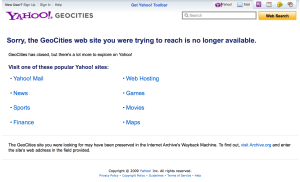Podcast: Play in new window | Download
By Sean Graham
Factionalism tends to be viewed negatively – particularly when examined through a political lens – but for storytellers, factionalism can be a very effective tool. The conflict created by these factions has led to some of the best cultural material ever made. The Capulets and the Montagues, the Jets and the Sharks, and Bayside and Valley are all examples of classic factional disputes that have produced terrific stories. Even professional wrestling bases a good number of its story lines on factional disputes – the introduction of the NWO in the 1990s single-handedly changed the industry.
But those are all fictional and when real-world factionalism goes too far the results can be devastating. One only needs to look at the battles between drug cartels in Mexico to understand the damage that factionalism can bring. Occasionally, though, the violence that stems from factionalism takes on a new meaning and over time can even be, to a certain degree, celebrated. There is a growing market for artifacts and antiques from the Hatfields and McCoys and the feud even spawned an Emmy-winning mini-series in 2012. When past violence reaches that point, there can be an opportunity for those who continue to be affected by the violence to re-claim the story and take ownership of the past.
That is what has happened recently in Lucan, Ontario, a small town north of London. On February 4, 1880, the feud between the Donnelly family and what was known as the local ‘peace’ committee came to a head when five members of the Donnelly family were killed. Nobody was ever convicted of the crime and for a long time the residents of Lucan didn’t want to talk about it. As amateur historians continued to look into the massacre and as the principals of the dispute lost the battle against time, the town started to open up about the event. Part of this was to address what happened, but there is also a desire to re-claim the town’s image. The townspeople don’t want the town to only be known for the massacre and by openly discussing the event and including it in tourism guides, the town can take control of the image being presented.
Continue reading




